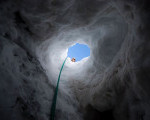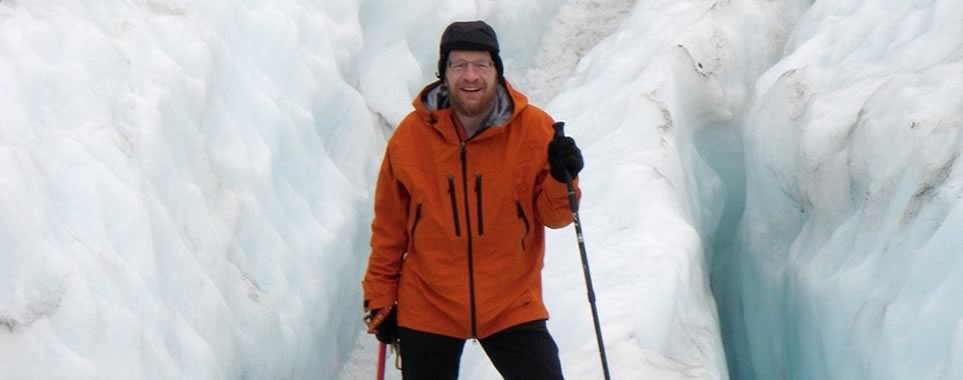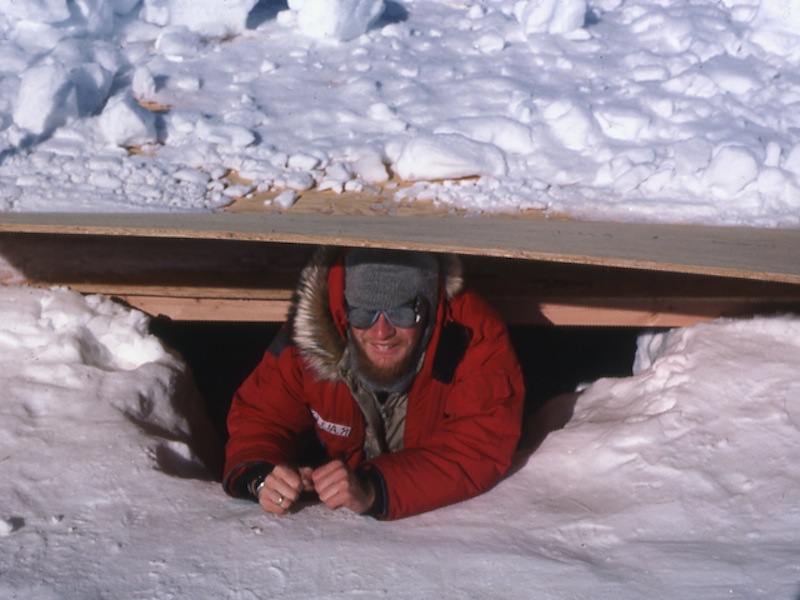About
- Has chaired the National Academy of Sciences' and National Council's panel on abrupt climate change
- Is active on television, radio and in print outlets to translate research findings to a broad audience
- Recognized by the Institute for Scientific Information as a "highly cited researcher"
Richard Alley is the Evan Pugh Professor of Geosciences and an associate of the Earth and Environmental Systems Institute at Penn State. His current research interests include glaciology, ice sheet stability, paleoclimates from ice cores, physical properties of ice cores, and erosion and sedimentation by ice sheets. Along with his many teaching accomplishments, Alley has authored many publications, chaired the National Research Council’s panel on abrupt climate change, has been involved with advisory groups to improve national and international research, and has been active with media outreach to translate research findings to a broad audience. He is a member of the National Academy of Sciences.
On the Web
Department of Geosciences Faculty Profile Richard Alley is the Evan Pugh Professor of Geosciences and an Associate of the Earth and Environmental Systems Institute at Penn State.
In The Media
Ice sheets can melt much faster than we thought
from Popular Science June 9, 2020
"Scientists are especially concerned about the West Antarctic ice sheet; if this ice collapses, it could raise sea level by 11 feet." - Richard Alley
Are We Ready? How We Are Preparing – And Not Preparing – Kids For Climate Change
from HuffPost May 23, 2020
"What many of the texts have done is to give the few contrarian voices with their loud megaphones a much greater voice in the text than is warranted based on the science and the assessments of the various national academies of science and the Intergovernmental Panel on Climate Change.” - Richard Alley
The Race to Understand Antarctica's Most Terrifying Glacier
from Wired October 10, 2018
“You have to think in terms of maybe 3 feet, but maybe 10 or 15,” Alley said. "Maybe 15 feet. In that scenario, the Jefferson Memorial and Fenway Park would be underwater, and the Googleplex would become an archipelago. Outside the US, the damage would be incalculable. Shanghai, Lagos, Mumbai, Jakarta—all would flood or drown."
Hothouse Earth Is Merely the Beginning of the End
from Rolling Stone August 9, 2018
“You might think of the climate as a drunk, when left alone, it sits; when forced to move, it staggers.”
An alarming 10 percent of Antarctica’s coastal glaciers are now in retreat, scientists find
from Washington Post April 2, 2018
“The grounding line is an essential indicator of glacier change in Antarctica, and this study brings important information about the rates of changes and geographic distribution.”
In Penn State News

November 15, 2017
Asset Downloads
These assets are available for use. All rights reserved. Credit Penn State University.










